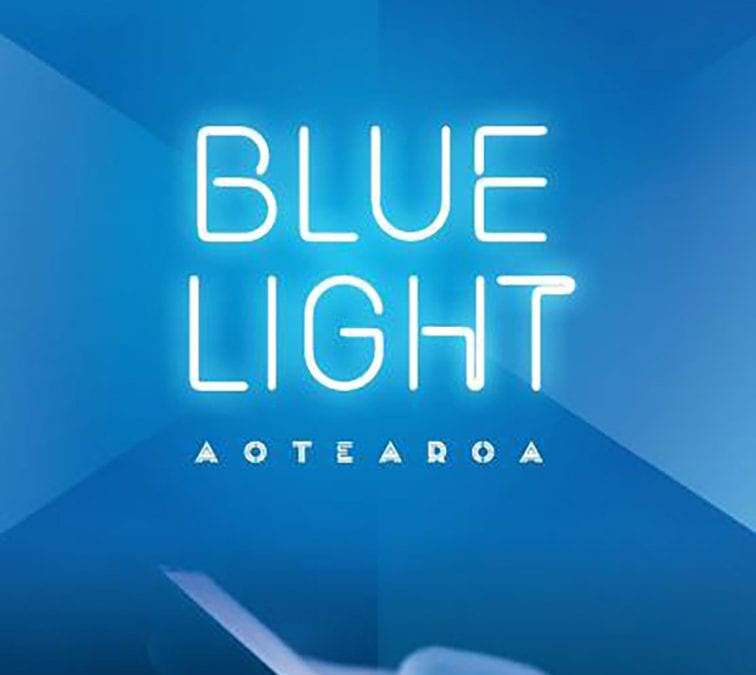The increased use of LED-based light sources, both in consumer items such as phones and as energy-efficient lighting in homes, has raised the issue of whether the higher levels of blue-light emitted by LED sources have health and environmental implications.
In optometric practice, many lens manufacturers have promoted the use of blue-light filter coatings on spectacle lenses to minimise potential risks to the both the retina and more generally to disruption of sleep through alteration of circadian rhythms. A new project by the Royal Society Te Apārangi, Blue Light Aotearoa, has produced a website which summarises the latest research evidence on the effect of blue light on our health and the environment. It was produced in collaboration with researchers and other stakeholders from across New Zealand with expertise in this topic.
Dr Andrew Collins, our Academic Director, was consulted on the relationship between blue light and the potential effects on the eye for the Blue Light Aotearoa Evidence Summary report. The report identified that disruption of sleep patterns was the primary health risk through the use of LED-based devices and other light sources.
Click here to view the report.
Short videos and other resources on impacts of artificial blue light are available here.
